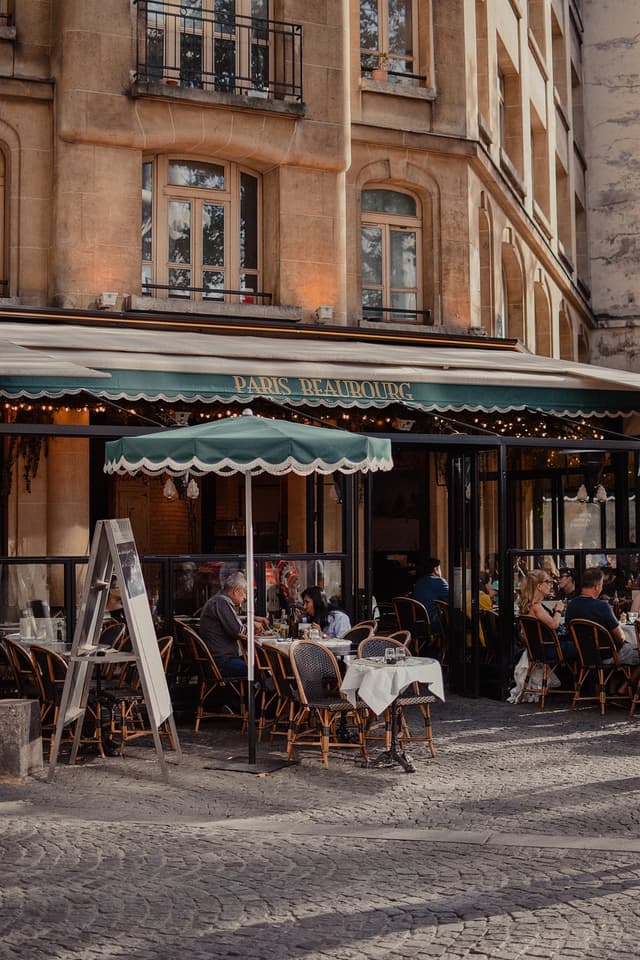
French reflexive verbs are verbs that are used with a reflexive pronoun, such as "se" or "s'", which refers back to the subject of the sentence. Reflexive verbs are different from regular verbs in that they require a reflexive pronoun to function properly. For example, the verb "se laver" (to wash oneself) is a reflexive verb in French. Here is how to conjugate it: Je me lave (I wash myself) Tu te laves (You wash yourself) Il/elle/on se lave (He/she/one washes oneself) Nous nous lavons (We wash ourselves) Vous vous lavez (You wash yourselves) Ils/elles se lavent (They wash themselves) Notice that for “Nous” and “Vous”, you have to repeat twice the pronoun to make a reflexive verb. It’s certainly weird but kind of amusing ! As you can see, the reflexive pronoun ("me", "te", "se", "nous", "vous", "se") changes depending on the subject of the sentence. This is what distinguishes reflexive verbs from regular verbs. It is important to note that some reflexive verbs have different meanings from their non-reflexive forms ; for example, the verb “se rappeler” means to remember in his reflexive form and “rappeler" means "to recall, to call back" in his classic form. Here is the list of the 20 most used reflexive verbs in French: se lever (to get up) //se laver (to wash oneself) // s'habiller (to get dressed)// se coucher (to go to bed)// se maquiller (to put on makeup)// se promener (to take a walk)// se reposer (to rest)// se rendre (to go/come)// se rappeler (to remember)// se plaindre (to complain)// se concentrer (to concentrate)// s'asseoir (to sit down)// se dépêcher (to hurry)// se taire (to be silent)// se regarder (to look at oneself)// se demander (to wonder)// se souvenir (to remember)// se préparer (to prepare oneself)// se réveiller (to wake up)// se sentir (to feel). ATTENTION: Reflexive verbs who starts with a vowel (s’asseoir) or a mute H (s’habiller) change their reflexive pronoun; let’s take s’habiller as an example : Je m’habille Tu t’habilles Il/ elle/ on s’habille Nous nous habillons Vous vous habillez Ils s’habillent Me, te, se, se (plural) become m’, t’, s’, s’(plural) because the pronunciation is way easier that way! Notice that a lot of reflexive verbs refer to the daily life, things that you do often to yourself or oneself. These verbs are really needed if you want to talk about yourself! ATTENTION: Don’t be confused with "Je t’aime". Here “Je t’aime” is not a reflexive verb, it means “I love you” ; simply in French, we put the receptive pronoun of a regular sentence like “Je t’aime” in front of the verb. Here "T’" means "YOU", it is not a pronominal verb!!
Question 1
Le matin, je __________ tôt pour aller travailler. (se lever)
Question 2
Avant de sortir, je ____________ les dents. (se brosser)
Question 3
Chaque soir, nous ___________ à la même heure. (se coucher)
Question 4
Ce soir, elles _____________ tard. (se coucher)
Question 5
Pendant les vacances, nous ___________ tous les jours. (se promener)
